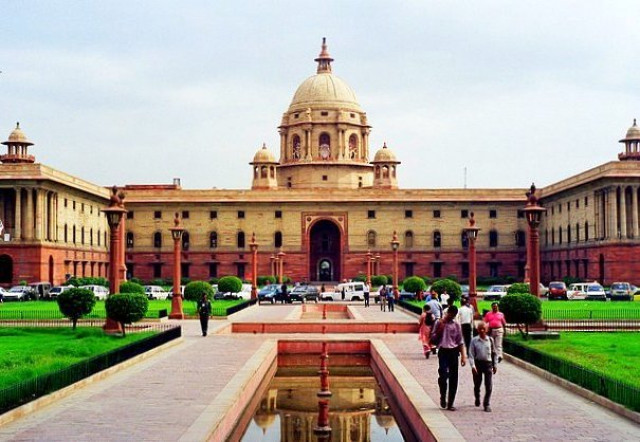A court verdict in India
Nearly 50 million users will either have to quickly switch their services or they will be without a carrier.
A court verdict in India
An activist Supreme Court is something to be both welcomed and feared, as India is now finding out. At its best, judges who work in the public interest are keeping the government in check and ensuring it follows the letter of the law. But a Supreme Court which overturns legislation or cancels government contracts can also cause a great deal of disruption. The Indian Supreme Court’s decision to cancel 122 mobile licences issued four years ago, falls firmly in the latter category. Although the underlying justification — that the telecom minister did not follow the regulatory body’s guidelines in issuing the licences — is sound, the ruling could cause untold chaos for India’s mobile phone subscribers. Nearly 50 million users will either have to quickly switch their services or they will be without a carrier. The other networks will also have to instantly upgrade their services to be in a position to handle the expected new traffic. What is most likely is that they will pass this cost on to the consumers, leading to a steep hike in prices. Those companies which have now lost their licences and want to re-enter the market will have to rebid for contracts, essentially ending up paying twice to provide the same service.
The aim of the judges should have been to punish the government for not working within the regulatory framework rather than going after companies whose only crime was to work with the government. Fines and jail time for government officials would have been far more appropriate and wouldn’t have placed the mobile phone industry in such peril. India has built its economy, in part, by painting itself as investor-friendly, especially to those in the technology sector. With one ruling, the Supreme Court may have reversed years of progress (one major mobile operator, Norwegian company Telenor, is considering pulling out of India altogether). Winning investor confidence back could be an uphill task for the government, notwithstanding India’s sound macroeconomic indicators.
Published in The Express Tribune, February 4th, 2012.




















COMMENTS
Comments are moderated and generally will be posted if they are on-topic and not abusive.
For more information, please see our Comments FAQ